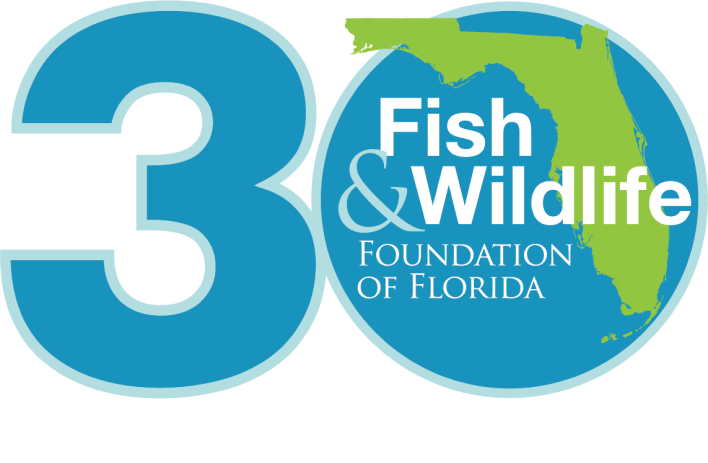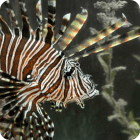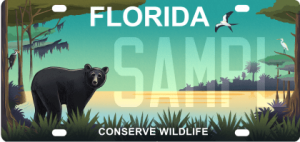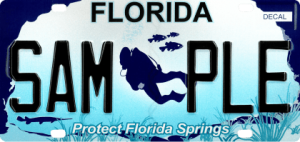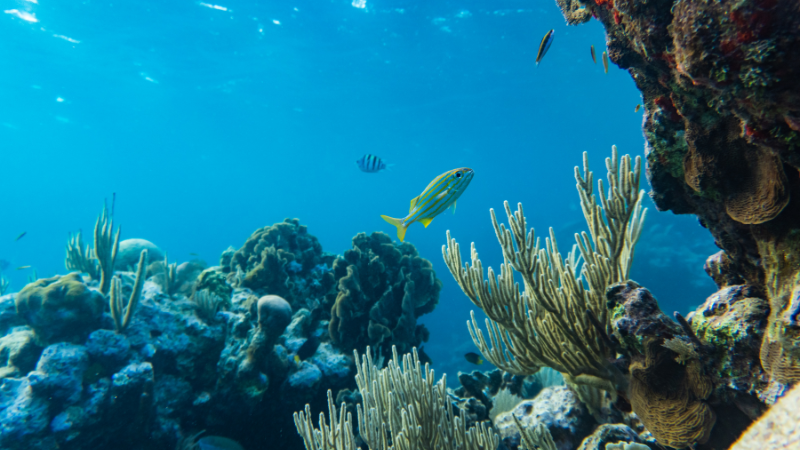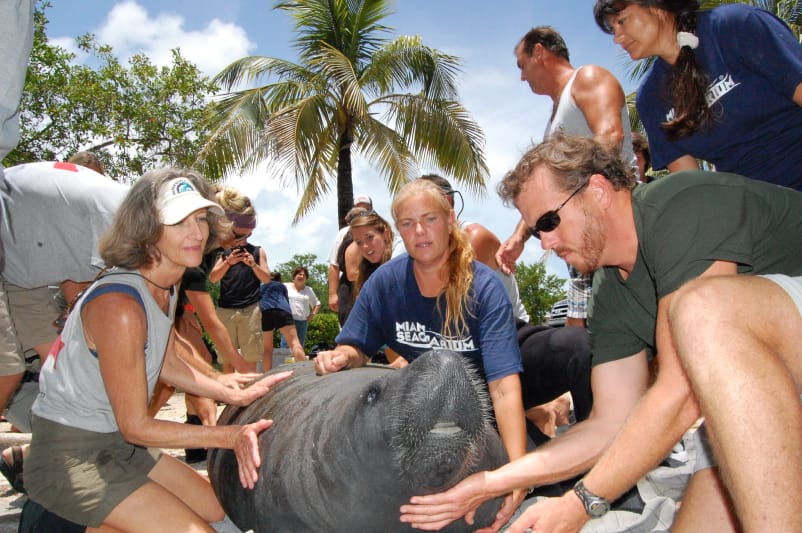
As the Earth’s climate warms, animals, and plants are on the move. In Florida, species are expanding their territories, including animals under the water. In 2019, scientists using a prior Foundation grant were surprised to find the presence of Caribbean Pederson cleaner shrimp (Ancylomenes pedersoni) associated with corkscrew anemones (Bartholomea annulate) for the first time in the eastern Gulf of Mexico. Cleaner shrimp are vital to reef ecosystems, as they remove parasites and help heal reef fish. Several species of tropical fishes were also observed, including damselfish, parrotfish, and butterflyfish, which are typically associated with tropical coral reefs. These findings led researchers to suspect that the ecosystem may be experiencing tropicalization.
To follow-up, our Foundation awarded a grant in 2020 that allowed FWC to further investigate the ecology of the eastern Gulf and search for additional anemone shrimp-cleaning stations and tropical fish. Understanding the changes and the pace at which they are occurring is essential to predicting future changes to Florida’s marine ecosystems.
The study also raised important questions about their interactions with resident species, their ability to survive colder winters, and the potential ecosystem changes resulting from their presence. An intriguing finding was that most cleaner shrimp were living independently of sea anemones, a behavior unique to the west coast of Florida. Typically, fish use anemones to locate cleaner shrimp, but the study recorded fish visiting cleaning stations both with and without anemones. This behavior was documented for the first time using underwater video cameras, highlighting the adaptability of these shrimp and their potential impact on local marine ecosystems.
